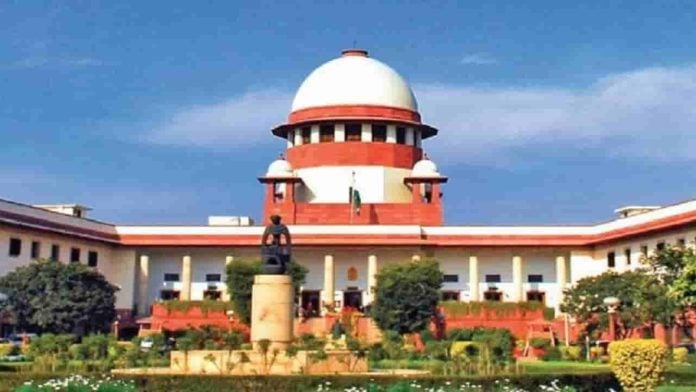The Supreme Court of India has reserved its judgment in a batch of pleas pertaining to the political tussle for leadership between the two factions of AIADMK, one led by former Tamil Nadu Chief Minister Edappadi Palaniswami (EPS) and the other led by former TN CM O. Panneerselvam (OPS).
A Division Bench comprising Justice Dinesh Maheswari and Justice Hrishikesh Roy have instructed all the parties for written submissions by January 16.
The batch of pleas includes OPS’s plea which challenges the Madras High Court’s direction allowing Edappadi Palaniswami (EPS) to continue as the party’s interim General Secretary.
The Supreme Court was approached by OPS against the September 2 order by a division bench of the Madras High Court that reversed a single bench order for maintaining status quo concerning the AIADMK leadership as it existed before the election.
The single bench had said that as per bye-laws, the general council meetings can be convened only with the joint consent of both OPS and ESP.
The division bench however,set aside the interim order for status quo after observing that it will lead to a “functional deadlock” as there was no possibility of OPS and EPS acting jointly.
The crux of the case is the general council meeting of the party on July 11, last year where the AIADMK executive council appointed EPS as interim General Secretary and expelled OPS from the party for “anti-party activities”.
The petitioner argued the division bench shouldn’t have interfered with the single judge’s order when no illegality was found.
The party rules say that joint consent for general council meetings and the division bench cannot alter the said condition citing the ground of functional difficulty.
The respondent’s side made arguments saying that the petitioners’ arguments are mere rehash of the arguments advanced before the High Court and are mainly focused on certain errors in the interpretation of the AIADMK party constitution and whether the High Court was right in its approach.
Nothing perverse, no substantial question of law, and no manifest injustice has been pointed out, he said. GC passed a resolution. What is being disputed is the validity of the meeting of the resolution.


